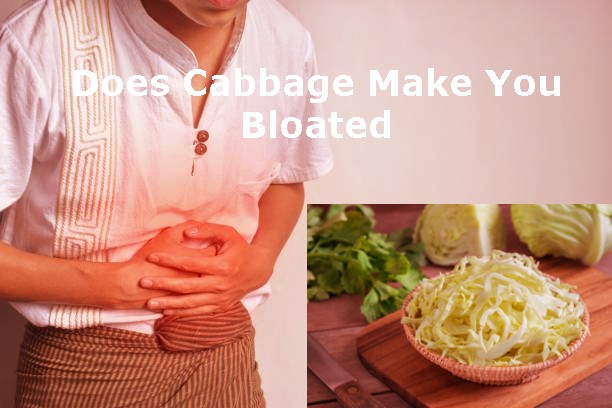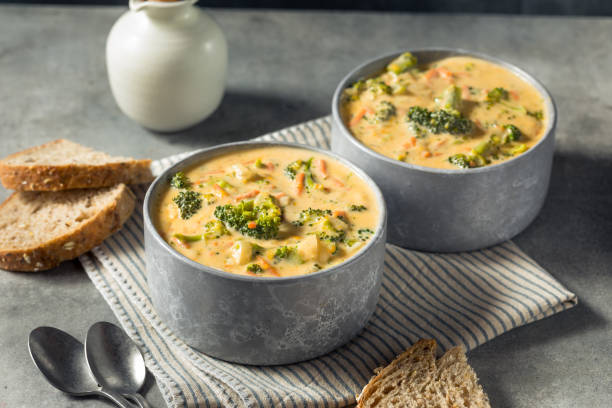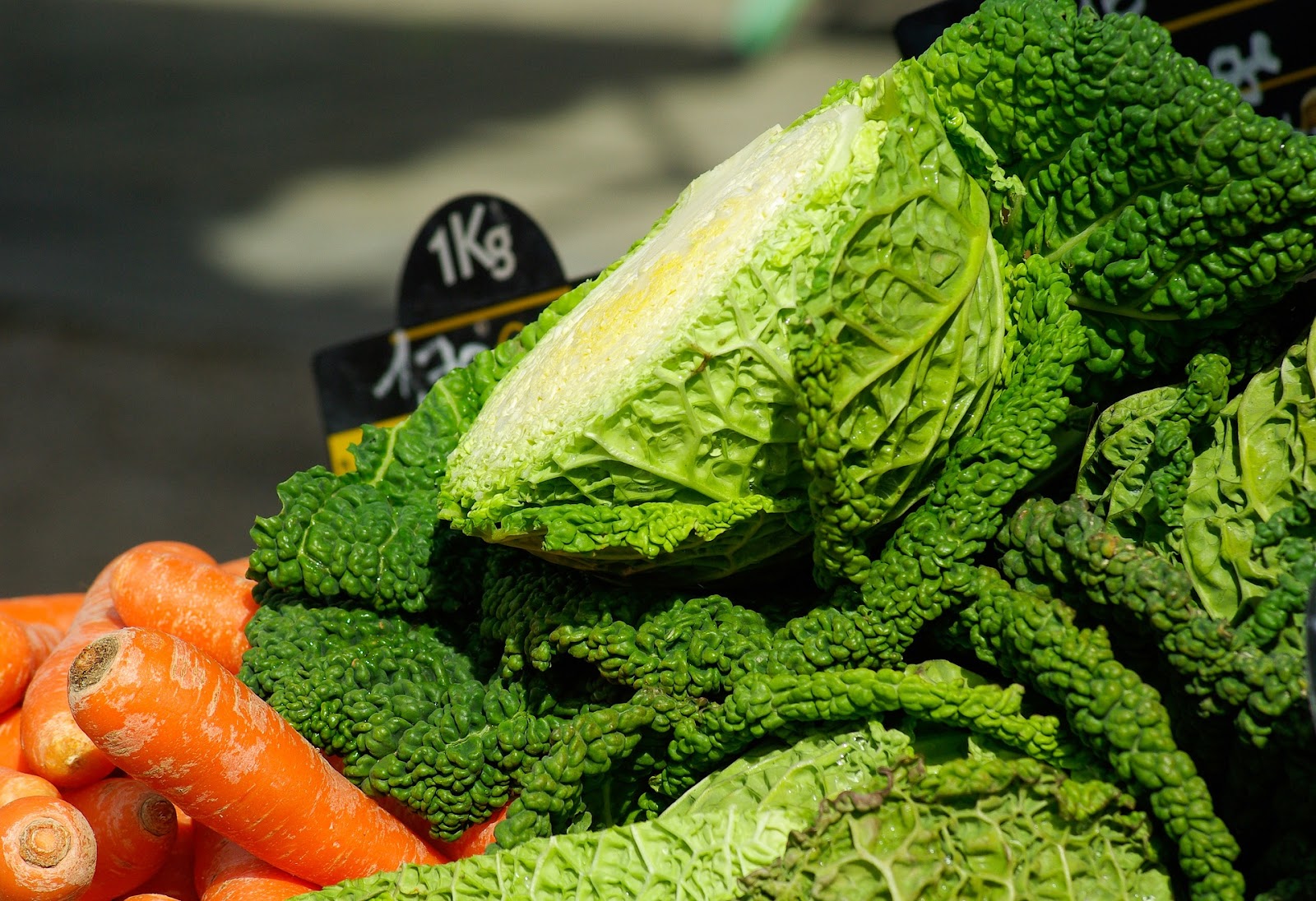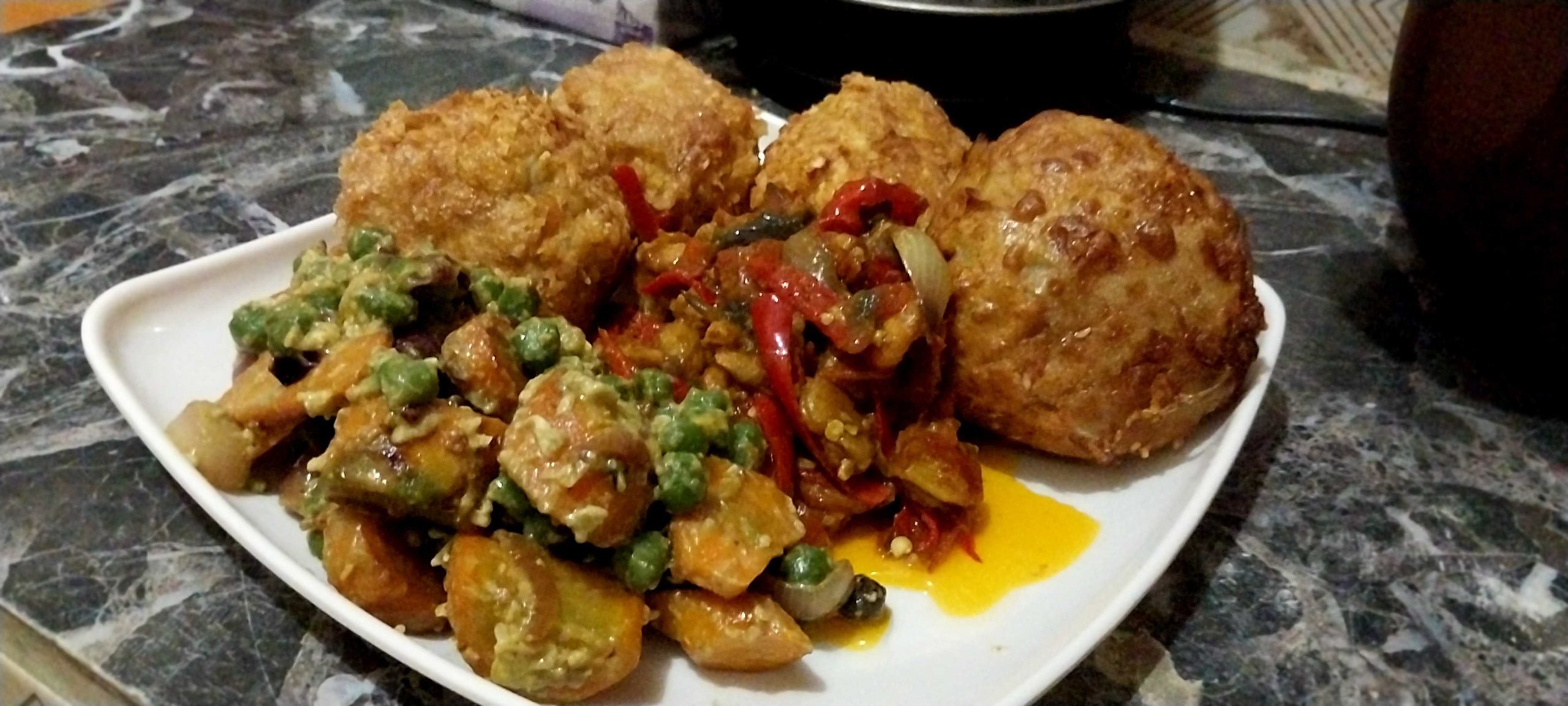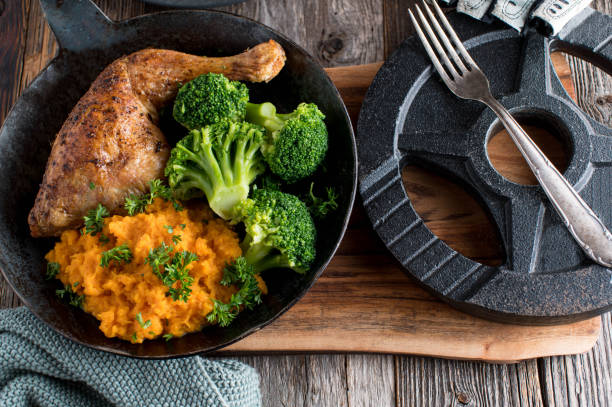Table of Contents
Introduction
I’m pretty sure no one enjoys the discomfort of their stomach feeling gassy and bloated. It is a universal discomfort we’d all much rather avoid and sometimes we can’t help it because it’s a price we have to pay to eat our favorite meals. You may have wondered, “What causes this gassiness? Are there certain foods that tend to cause bloatedness? Do mashed potatoes cause gas? Are there ways to prevent or reduce the effect?” All of these questions and more are what I hope to answer in this article, shining the spotlight on potatoes in particular because it is one food that seems to have a regular date with gas.
Do Mashed Potatoes Cause Gas?
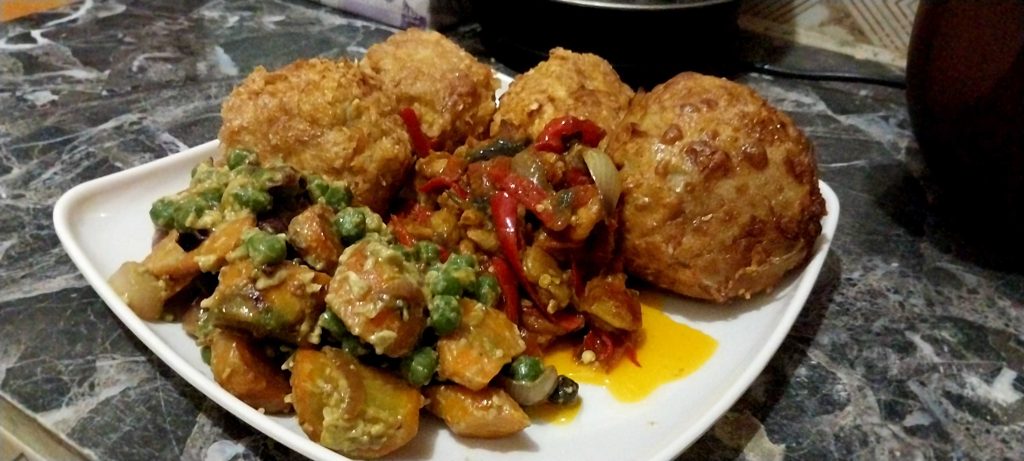
No doubt, there are certain foods whose nutritional content contributes to the extra gas we feel as they are being digested. Potatoes are one such food, as it is mostly made of starch and most starches produce gas as they are broken down in the large intestine. However, some have found that by employing certain methods of preparation, the gas that usually follows after eating potatoes significantly reduces.
Mashed potatoes are most likely the least to cause gas because the potatoes are first heated/boiled, which results in the breakdown of starch and makes it easier for enzymes to digest them. The mashing in particular helps to improve digestibility which means there is less starch available for bacteria to ferment and produce gas.
It is important to be mindful however about other ingredients added to mashed potatoes, such as milk and butter, these on their own tend to cause gas and bloating especially in lactose-intolerant individuals.
How Do Mashed Potatoes Cause Gas?
As I shared, the way mashed potatoes are prepared can influence their impact on digestion. Ingredients like butter, milk, or cream that are commonly used in mashed potatoes contribute to gas for individuals who are sensitive to dairy products. However, the primary culprit is the starch content in potatoes. In the small intestine, enzymes begin to break down starch; however, digestion is typically not completed there, so some undigested food enters the large intestine where they are fermented by bacteria. This fermentation is what causes gas and the amount of gas experienced will differ between individuals depending on their gut microbiota.
Nutritional Benefits of Potato
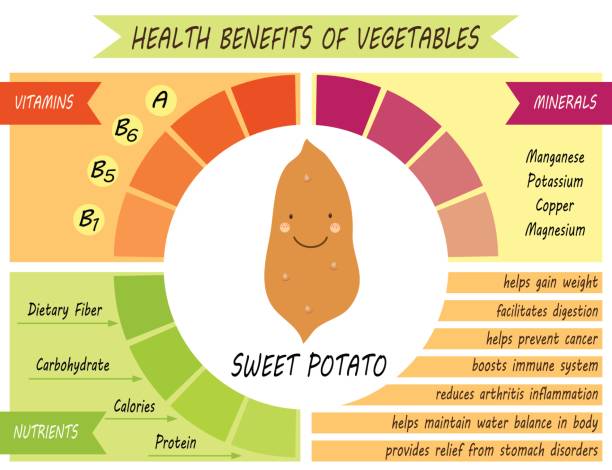
We already know that potatoes contain lots of starch which serves as an energy source, providing a steady release of glucose for sustained energy, aiding in blood sugar regulation, offering additional nutrients like B vitamins and minerals like iron and magnesium, promoting satiety, and improving overall gut health.
In addition to starch, potatoes contain vitamins, minerals, and fiber. They are particularly rich in vitamin C, which is an antioxidant. Other major nutrients include potassium – an electrolyte that aids in the workings of our heart, muscles, and nervous system; and fiber, which is important for digestive health.
Different types of potatoes contain more nutrients than others. Sweet potatoes for instance are a good source of vitamin A, an important nutrient for immunity and eye health. Purple potatoes are rich in antioxidants which help prevent heart disease and cancer and boost brain health.
Side Effects of Eating Potato
Surprisingly, potatoes are not without side effects. Some side effects of potatoes include:
● Weight Gain
● Blood Sugar Impact
● Digestive Issues – Bloating and Gas
● Acrylamide formation during cooking/heating which increases the risk for several types of cancer
● High levels of potassium in the body
● Vomiting
● Blood-stained diarrhea
● Dehydration
● Low blood pressure
● Drowsiness/fatigue
Some of these effects are rare and seldom occur and some are only temporary and do not pose any severe health challenge. However, if you experience any adverse reactions, endeavor to see a physician immediately.
Foods Likely To Cause Gas
The nutrition content of certain foods such as foods with lots of fiber or too much lactose like we saw earlier are responsible for the gassiness and bloating that we experience after eating them. Besides potatoes, several other foods can cause gas when consumed, some of them are:
● Vegetables like carrots, broccoli, Potatoes, and cabbage.
● Fruits such as apples, grapes, bananas, and pears.
● Lentils like beans and peas
● Grains such as Processed bran, wheat, corn, and oat products
● Milk products, butter, cream, etc.
● Fried meats and eggs
● Carbonated drinks and beer
How To Prevent Mashed Potato From Causing You Gas
The best way would be to simply stop eating them but who are we kidding, some of us love our potatoes way too much. So let’s look at some strategies for prevention.
Generally, boiling is the best cooking method that decreases the starch content of potatoes. It causes changes in the crystalline structure, making it easier for enzymes to digest them. A mashed potato is a potato that has first been boiled and then mashed with the addition of milk, butter, pepper, and salt. There lies the problem, it is made of other gas-producing foods but if you can have mashed potatoes without these other ingredients, then you are good to go.
Other ways to prevent the mashed potato from causing you gas include:
● Opting for low-starch potato varieties like red potatoes.
● Ensuring that the potatoes are cooked thoroughly.
● Mash the potatoes thoroughly.
● Combined with digestive-friendly foods such as cooked vegetables.
● Control portion sizes to avoid overconsumption.
● Use of digestive enzyme supplements to assist in breaking down starches.
● Soaking the potato in water before cooking
How Do You Relieve Gas Fast?
When faced with the discomfort of gas, there are several strategies for fast relief. For example, peppermint oil, whether in capsule form or as a soothing tea, is known for its muscle-relaxing properties. Over-the-counter medications like antacids or medications containing digestive enzymes can also help break down gas. Natural alternatives such as ginger or fennel seeds are also effective.
Additionally, gentle physical activity, such as taking a walk, can stimulate digestion and help expel gas. Finally, hydration is key, as it supports overall digestive health and assists in moving gas through the digestive tract.
FAQ
Are Roasted Potatoes Constipating?
Roasted potatoes, especially with the skin, are a good source of fiber which promotes regular bowel movements and helps prevent constipation.
Can you eat mashed potatoes when constipated?
Even mashed potatoes can provide fiber that aids in digestion, potentially offering relief from constipation.
Do fried potatoes cause constipation?
Fried and greasy foods often take longer to digest. As a result, fried potatoes may contribute to constipation due to the resultant increase in fat content and reduction in fiber content from frying.
Do boiled potatoes constipate?
Boiled potatoes do not constipate. They are probably one of the best foods you could eat to ease intestinal discomfort!
Does a baked potato cause constipation?
Similar to roasted and boiled potatoes, baked potatoes are not a cause of constipation.
Are cooked potatoes bad for you?
Cooked potatoes are generally a healthy and nutritious food. However, cooking methods and added ingredients can impact the nutritional content.
Are potatoes easy to digest?
Potatoes are relatively easy to digest, especially when cooked.
Are mashed potatoes hard on your stomach?
Mashed potatoes are generally well-tolerated, but excessive consumption or addition of milk and butter may affect individual tolerance differently.
Are mashed potatoes good for a gassy stomach?
Mashed potatoes, when prepared without excessive fats or dairy, are a gentle option even for people with a gassy stomach. Adjusting portion sizes and ingredients helps reduce gas.


